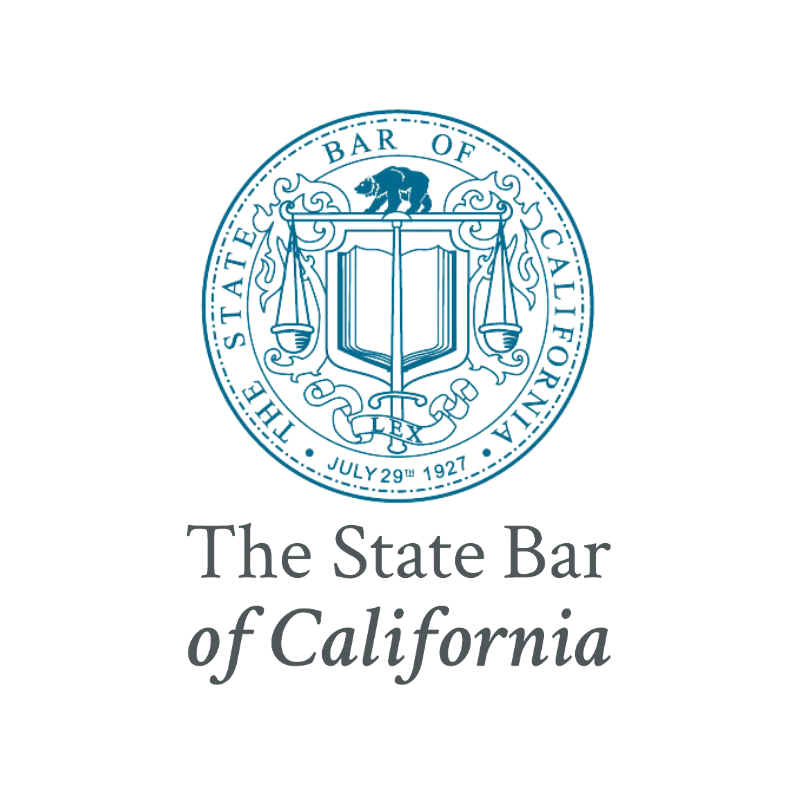What Should You Do if You Receive a Request for Evidence?
Home » Immigration Services » What Should You Do If You Receive A Request For Evidence?

If you’ve applied or petitioned for immigration benefits from United States Citizenship and Immigration Services (USCIS) and the agency sends you a document called a Request for Evidence, it means USCIS needs more information from you. A Request for Evidence letter is commonly referred to as an RFE.
You probably have many questions. What exactly is an RFE? What should you do if you receive an RFE letter? Why did USCIS send me an RFE letter? What’s the difference between a Request for Evidence and a Notice of Intent to Deny? Do you need to call an immigration attorney? Here, we’ll answer all these questions and more.
Table of Contents
What Is a Request for Evidence?
An RFE is a letter sent by USCIS asking you to send them more evidence before they decide on your pending application or petition. It means that during the evaluation of your application for immigration benefits, an officer from USCIS found that your submission lacks the information or clarity needed to determine whether you’re eligible for benefits.
If you receive a Request for Evidence, it does not mean that your application or petition is heading for rejection. An RFE means that you’ve been given another chance to provide more documentation and evidence to strengthen your application for benefits.
What To Do If You Get An RFE?
You should carefully read through your RFE so that you’re very clear about the additional evidence and documentation that USCIS is requesting from you. Before you act, though, it would be wise to have an experienced immigration attorney review your RFE.
A skilled attorney will help ensure that you:
- Send all the appropriate evidence and documents requested by USCIS,
- Explain why a requested record or document does not exist by providing a written statement from the government authority or institution that is responsible for it and submit a comparable document, if one is available,
- Provide sufficient details in your response to clarify any parts of your submission which may have seemed unclear.
Request A Consultation
Meet The Attorney
Angela D. Warren
With more than 20 years of immigration and business immigration experience, Angela Warren has helped hundreds of individuals, families and businesses.
Main Services




Get The Immigration Help You Deserve
When Is Your Response to an RFE Due?
You may have a set date or a set number of days to reply to your RFE. USCIS will indicate it on the request.
If the agency gives you a specific number of days to respond, be aware that your timeframe should be based on the date when USCIS issued the RFE, not the date when it arrived to you in the mail.
With these factors in mind, think about mailing your submission in a way that you can track and confirm delivery. USCIS will place your application on hold until it receives your response package.
It’s important to note that if your response isn’t received by the deadline, the USCIS officer handling your application will decide on your case using only the documents you previously submitted.
This may mean that your application will be denied.

How Can You Help Prevent an RFE?
Getting an RFE will slow down the processing of your application for immigration benefits, so it’s important for you to do everything you can to prevent one. To reduce your chances of getting an RFE, you need to carefully follow requirements for initial evidence.
The documents and evidence you’ll need to provide can vary based on the immigration benefit you seek.
Some of the general documents and evidence you’ll need to submit can include:
- For Form I-485, Application to Register Permanent Residence, or Adjust Status
- Two passport-style photos
- Your birth certificate (copy)
- Form I-693, Report of Medical Examination and Vaccination Record
- Form I-864, Affidavit of Support (if necessary)
- For Form I-539, Application to Extend/Change Nonimmigrant Status
- A copy of Form I-94, Nonimmigrant Arrival-Departure Record (for every individual who is included in your application)
- For Form I-765, Application for Employment Authorization
- A copy of your previous Employment Authorization Document (EAD)
- If you don’t have a prior EAD, a government-issued identity document (copy)
- Two identical passport-style photos
- Your passport, or a copy of Form I-94, Nonimmigrant Arrival-Departure Record
In addition to these, you should provide evidence that proves you are eligible for the immigration benefit. If you are applying for a green card through a family relationship, you should provide evidence of that relationship such as a birth certificate or marriage certificate. If you are applying for a green card through employment or a work visa, you may need to provide thorough evidence of your education, work experience and accolades.
Understanding all the documentation and evidence requirements for your application or petition for immigration benefits can sometimes be difficult or confusing, especially if your case has special circumstances that could create questions for USCIS and require you to provide additional information for clarification. That’s why it’s important for you to get the help of an immigration attorney before you file your application. A knowledgeable immigration attorney can help make sure that your application is correct, clear, and complete.
Get The Immigration Help You Deserve
Common Reasons USCIS Sends RFEs
 Any time a USCIS officer needs more information to decide an application or petition, they will send an RFE. Some reasons are more common than others though. Some of the most common reasons that USCIS officers request more information include:
Any time a USCIS officer needs more information to decide an application or petition, they will send an RFE. Some reasons are more common than others though. Some of the most common reasons that USCIS officers request more information include:
- Missing Evidence of Legal Entry into the United States
Especially with marriage-based visa petitions, applicants often fail to submit copies of their spouse’s Form I-94 travel history proving their legal entry into the United States. If your spouse lost their original I-94, your attorney can help you get a copy online or help you file Form I-102 requesting a replacement travel document.
- Documents Not Translated
USCIS requires the translation of all documents originally written in any language other than English. You can’t translate the documents yourself, and the translations must be certified. The certification must include a statement that the document is accurately translated. It also must include the date of translation and the translator’s name, address, and signature.
- Missing Adequate Documentation of the Sponsor’s Income
Many visas require that the petitioner, acting as a sponsor, prove that they have enough financial resources to support the person they are petitioning on behalf of. The sponsor must prove that they can provide this financial support. That means that they must show documentation of their income or financial resources.
While an applicant or petitioner could submit this documentation in response to an RFE, an immigration attorney would make sure that all the needed documentation is filed from the start. Sometimes, it’s not easy to find documents and applicants must order copies. This takes time, and by the time an RFE is sent by USCIS, the clock is already ticking.
What is a Notice of Intent to Deny?
After adjudicating your application or petition for immigration benefits, USCIS may inform you that it intends to deny your case. In this instance, you’ll be sent a Notice of Intent to Deny (NOID). This notice essentially means that you provided the required evidence and documentation, but the information in your submission did not demonstrate that you are eligible to receive the benefits for which you applied. These letters are extremely urgent. They are significantly more urgent than RFE letters.
The NOID will explain why the USCIS officer who handled your application does not think you have proven your case. Most likely, USCIS will deny your application unless you take advantage of this final chance to provide more evidence that shows you are in fact qualified for the benefits you seek.
There are many reasons why you may receive a NOID. For example, in the case of an application for a marriage-based green card, common reasons USCIS will send a NOID letter include:
- Not providing enough evidence to prove that your marriage is genuine
- Discrepancies between answers from you and your spouse during interviews with USCIS
- Negative information discovered in your case
- Suspicion of fraud
If USCIS sends you a NOID letter, it is cause for serious concern. Your response could be your last chance to make your case to receive immigration benefits.
If you’ve received a NOID letter, you should gather all your documents and evidence and contact an immigration attorney familiar with NOIDs as soon as possible. You require a skilled immigration attorney to take control of your case at this critical juncture.
At Warren Law Firm, we know that NOID letters are most frequently sent in relation to marriage-based visa petitions, so your application is especially important to you. We realize that if you receive this type of notice from USCIS, you may feel scared, overwhelmed and confused. If it’s gotten to this point, you need an aggressive, experienced, and compassionate immigration lawyer behind you as soon as possible.
Choosing the Right Immigration Attorney to Navigate an RFE or NOID
If you receive an RFE or a NOID from USCIS, don’t panic. If there’s a path forward towards approval, our legal team can find it. Warren Law Firm understands complex immigration law, and we’re here to help you.
It’s in your best interest to contact a qualified immigration attorney with experience in responding to RFEs and NOIDs as soon as possible. Our team will review your case, answer your questions, and provide the competent legal guidance you need during this overwhelming time. Contact us today.
